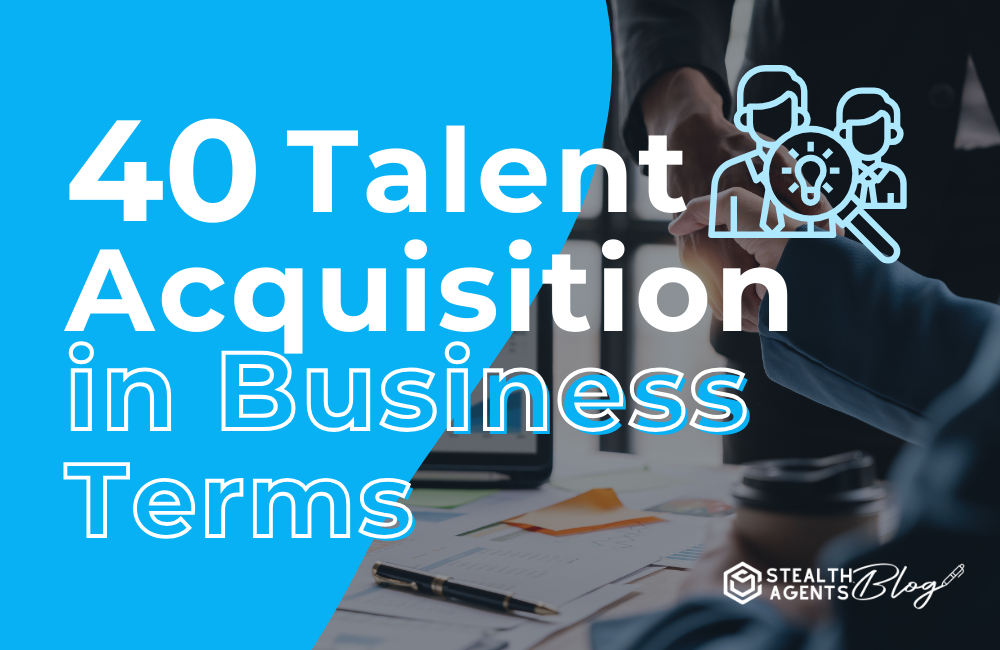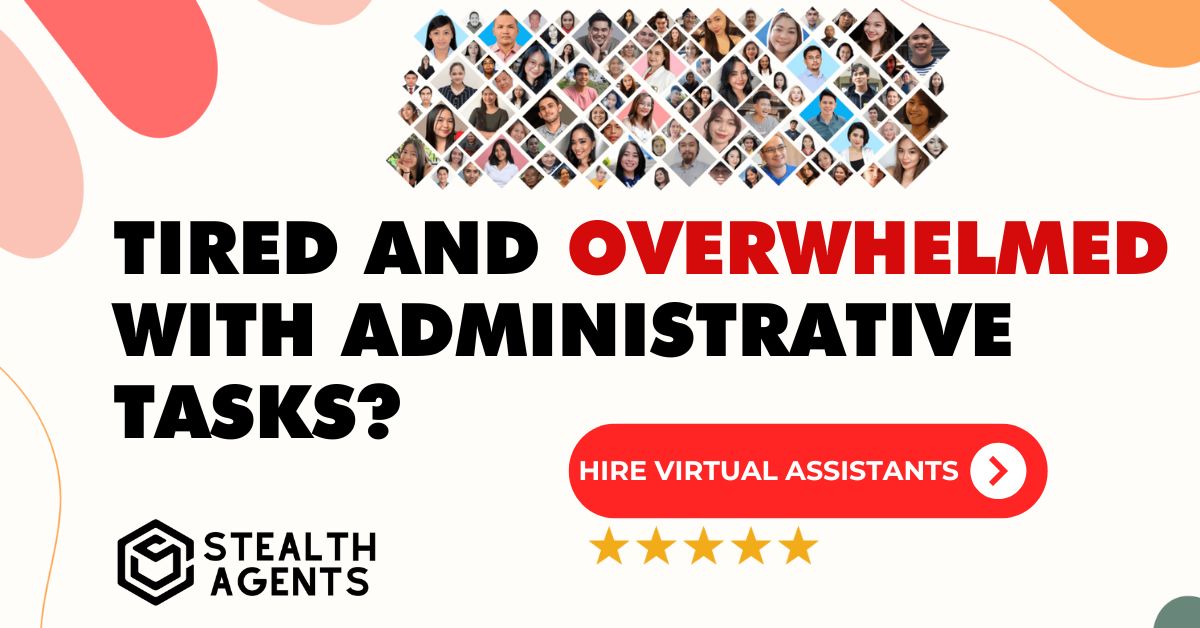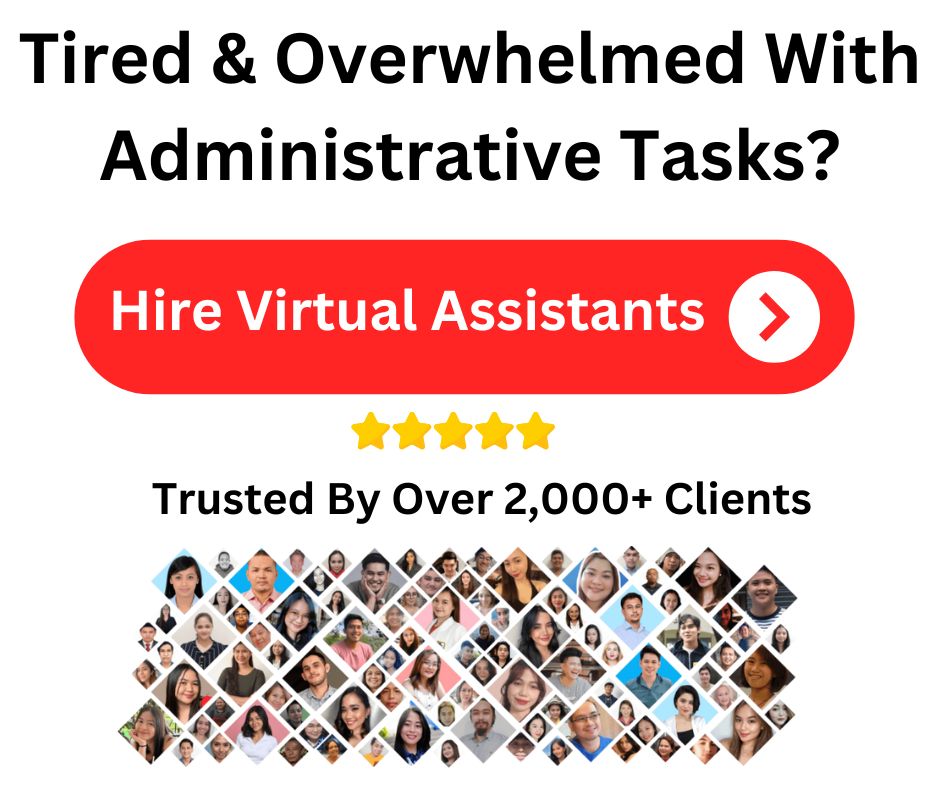40 Talent Acquisition in Business Terms
Talent acquisition is a crucial aspect of any business, as it involves the process of attracting, identifying, and hiring top talent to drive growth and success. In today’s competitive job market, finding and retaining skilled employees can be challenging. That’s where effective talent acquisition strategies come into play.
In this article, we will explore the significance and impact of talent acquisition on businesses, and how adopting a strategic approach can lead to long-term success. From attracting the best candidates to fostering a strong company culture, we will delve into why talent acquisition should be a top priority for businesses.
-
Recruitment: The process of finding and hiring the best-qualified candidate for a job opening.
-
Talent Pool: A database of potential job candidates with the necessary qualifications and experience.
-
Applicant Tracking System (ATS): Software application that automates the recruitment process by tracking job applicants.
-
Headhunting: The process of recruiting highly skilled and experienced employees from other companies.
-
Job Description: A formal account of an employee’s responsibilities.
-
Sourcing: The process of identifying and attracting job candidates.
-
Passive Candidates: Individuals who are not actively looking for a new job but might be interested in the right opportunity.
-
Active Candidates: Job seekers who are actively looking for their next employment opportunity.
-
Employer Branding: The company’s reputation and popularity from a potential employer’s perspective and its management thereof.
-
Cultural Fit: The likelihood that a candidate will reflect and/or be able to adapt to the core beliefs, attitudes, and behaviors that make up an organization.
-
Onboarding: The process of integrating a new employee into an organization.
-
Talent Management: The ongoing process of developing and retaining an organization’s workforce.
-
Employee Referral Program: A program where current employees are encouraged and rewarded for introducing potential candidates.
-
Workforce Planning: The process of analyzing and forecasting the talent a company needs to meet its objectives.
-
Diversity Hiring: Recruiting employees from a variety of backgrounds, cultures, and experiences.
-
Inclusion: Creating an environment where all employees feel valued and integrated into a company’s culture.
-
Compensation and Benefits: The package a company offers to attract and retain talent, including salary, bonuses, and non-wage perks.
-
Pre-employment Screening: The process of verifying information provided by candidates.
-
Job Offer: A formal proposal to hire a candidate for employment.
-
Background Check: The process of looking up and compiling criminal, commercial, and financial records of a candidate.
-
Recruitment Marketing: The process of using marketing strategies to attract talent to your organization.
-
Internal Recruitment: The process of filling vacancies with current employees from within the organization.
-
External Recruitment: The process of filling vacant positions with candidates from outside the organization.
-
Recruitment Funnel: The stages through which a potential employee goes through during the hiring process.
-
Candidate Experience: The overall perception and experience a job seeker has with the hiring process.
-
HR Analytics: Using data analysis techniques to manage human resource management (HRM) functions.
-
Performance Appraisal: The systematic evaluation of an employee’s performance in terms of job requirements.
-
Employee Turnover: The rate at which employees leave a workforce and are replaced.
-
Retention Strategy: Methods employed to maintain and keep employees in an organization.
-
Career Development: Opportunities provided by an employer for employees to grow their skills and advance their careers.
-
Employee Engagement: The level of an employee’s commitment and connection to an organization.
-
Succession Planning: The process of identifying and developing new leaders who can replace old leaders when they leave, retire or die.
-
Talent Acquisition Strategy: A long-term approach to identifying, acquiring, developing, and retaining talent.
-
Soft Skills Assessment: Evaluating a candidate’s personal attributes, such as communication and teamwork.
-
Technical Skills Assessment: Evaluating a candidate’s specific technical skills required for a job.
-
Labor Market Analysis: The examination of the supply and demand of labor in a specific market.
-
Employee Lifecycle: The different stages an employee goes through in an organization.
-
Exit Interview: An interview with an employee who is leaving a company to understand their reasons for leaving and gain feedback.
-
Employee Onboarding Software: Software that helps automate and streamline the onboarding process for new hires.
-
Employee Value Proposition (EVP): The unique set of benefits and experiences an employee receives in return for their skills, capabilities, and experience they bring to a company.
Conclusion
In the fast-paced world of business, talent acquisition plays a crucial role in determining an organization’s success. Through effective recruitment strategies and techniques, businesses can attract top talent and build strong teams to drive growth and innovation. By understanding the importance of talent acquisition in business terms, companies can make informed decisions that lead to long-term success. So invest in your talent acquisition efforts and watch your business thrive.









